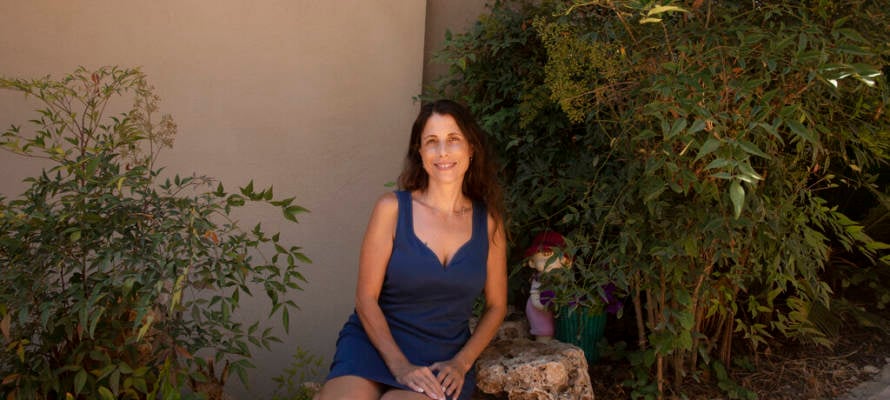The donor, a proud Israeli who seeks to set an example of generosity, was spurred by memories of her late grandfather, a Holocaust survivor.
By Associated Press
Idit Harel Segal was turning 50, and she had chosen a gift: She was going to give one of her own kidneys to a stranger.
The kindergarten teacher, a proud Israeli who seeks to set an example of generosity, was spurred by memories of her late grandfather, a Holocaust survivor.
He told her to live meaningfully and uphold Jewish tradition, which teaches that there’s no higher duty than saving a life.
So Segal contacted a group that links donors and recipients, launching a nine-month process to transfer her kidney to someone who needed one.
That someone turned out to be a 3-year-old Palestinian boy from the Gaza Strip.
“You don’t know me, but soon we’ll be very close because my kidney will be in your body,” Segal wrote in Hebrew to the boy, whose family asked not to be named due to the danger they face at the hands of Arabs, including those in the Hamas terror group, who oppose cooperating with Israelis.
A friend translated the letter into Arabic so the family might understand. “I hope with all my heart that this surgery will succeed and you will live a long and healthy and meaningful life.”
Just after an 11-day war launched by Hamas, which fired thousands of rockets at Israeli civilians, Segal wrote, “I threw away the anger and frustration and see only one thing. I see hope for peace and love.”
“And if there will be more like us, there won’t be anything to fight over,” she added.
Segal’s self-sacrifice is remarkable in light of the fact that she has lost three relatives in terror attacks perpetrated by Palestinians, including her father’s parents.
When she learned the boy’s identity, she kept the details to herself for months.
Matnat Chaim, a nongovernmental organization in Jerusalem, coordinated the exchange, said the group’s chief executive, Sharona Sherman.
On the same day his son received a new kidney, the boy’s father donated one of his own — to a 25-year-old Israeli mother of two.
In Israel, the father’s donation is seen as an incentive to increase the pool of donors.
Segal said she honored her grandfather in a way that helps her cope with the grief of his death five years ago.
On the eve of Segal’s surgery, her father called.
“I don’t remember what he said because he was crying,” Segal said. Then, she told him that her kidney was going to a Palestinian boy.
For a moment, there was silence. And then her father spoke.
“Well,” he said, “he needs life, also.”
